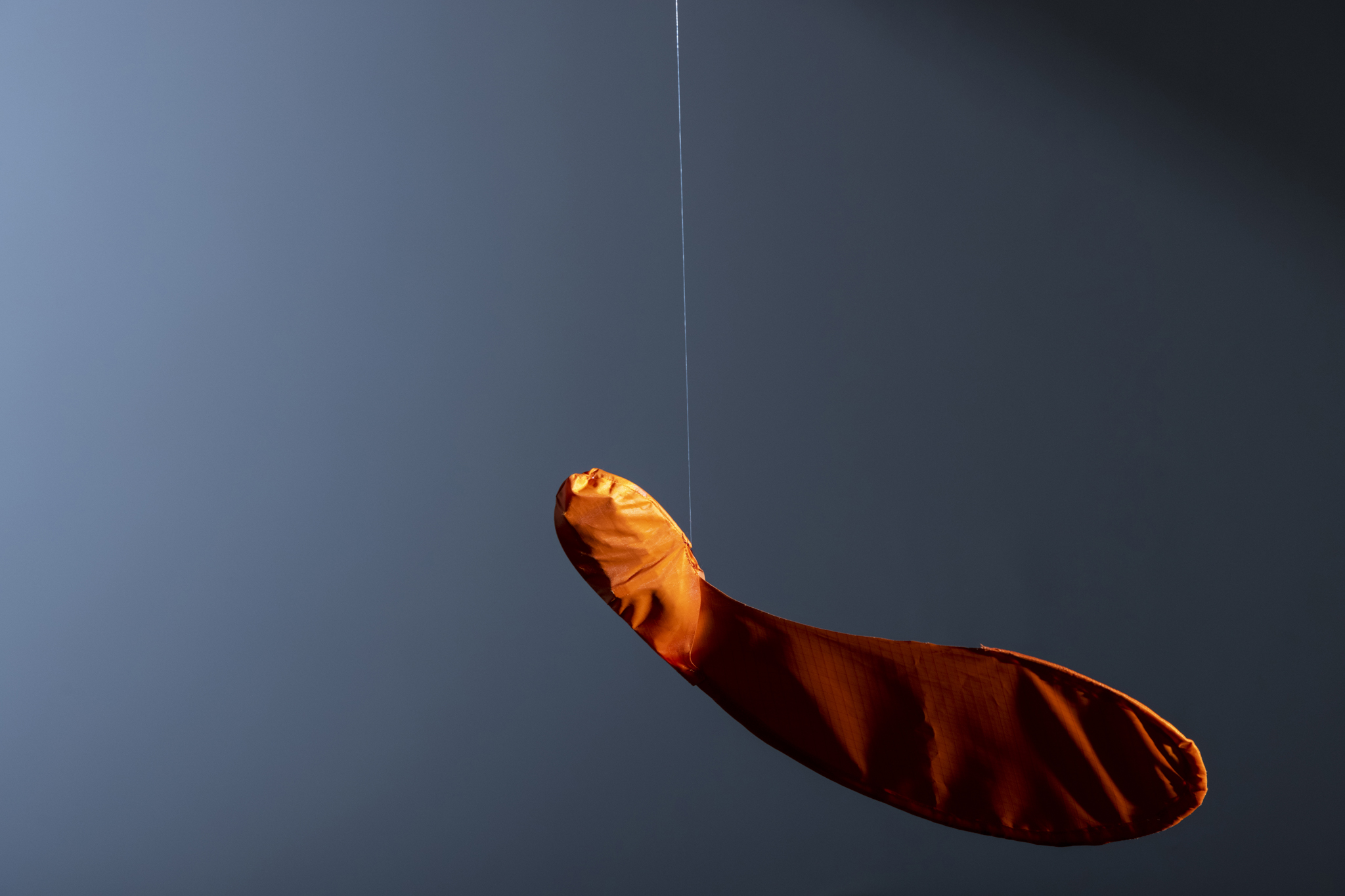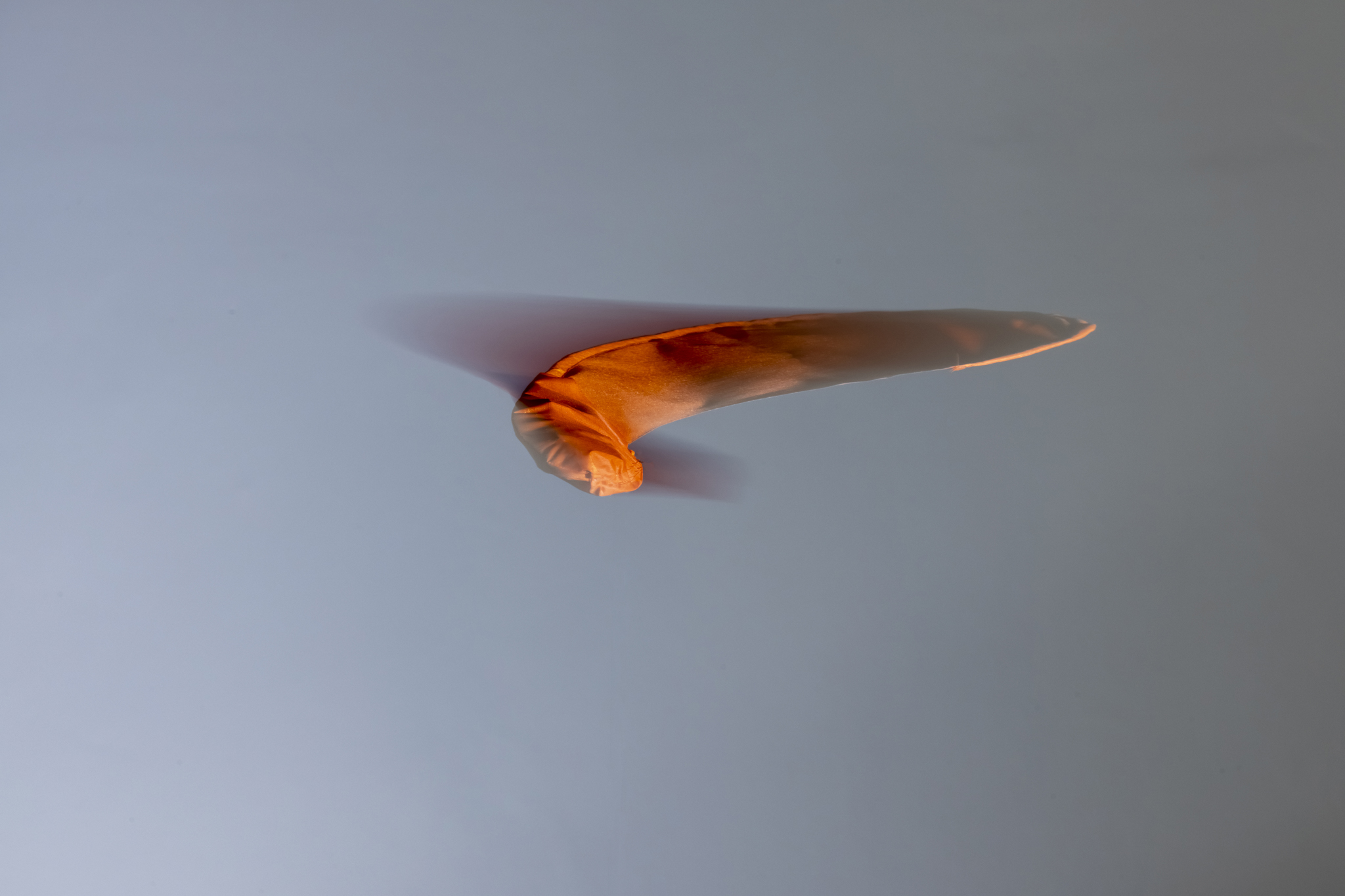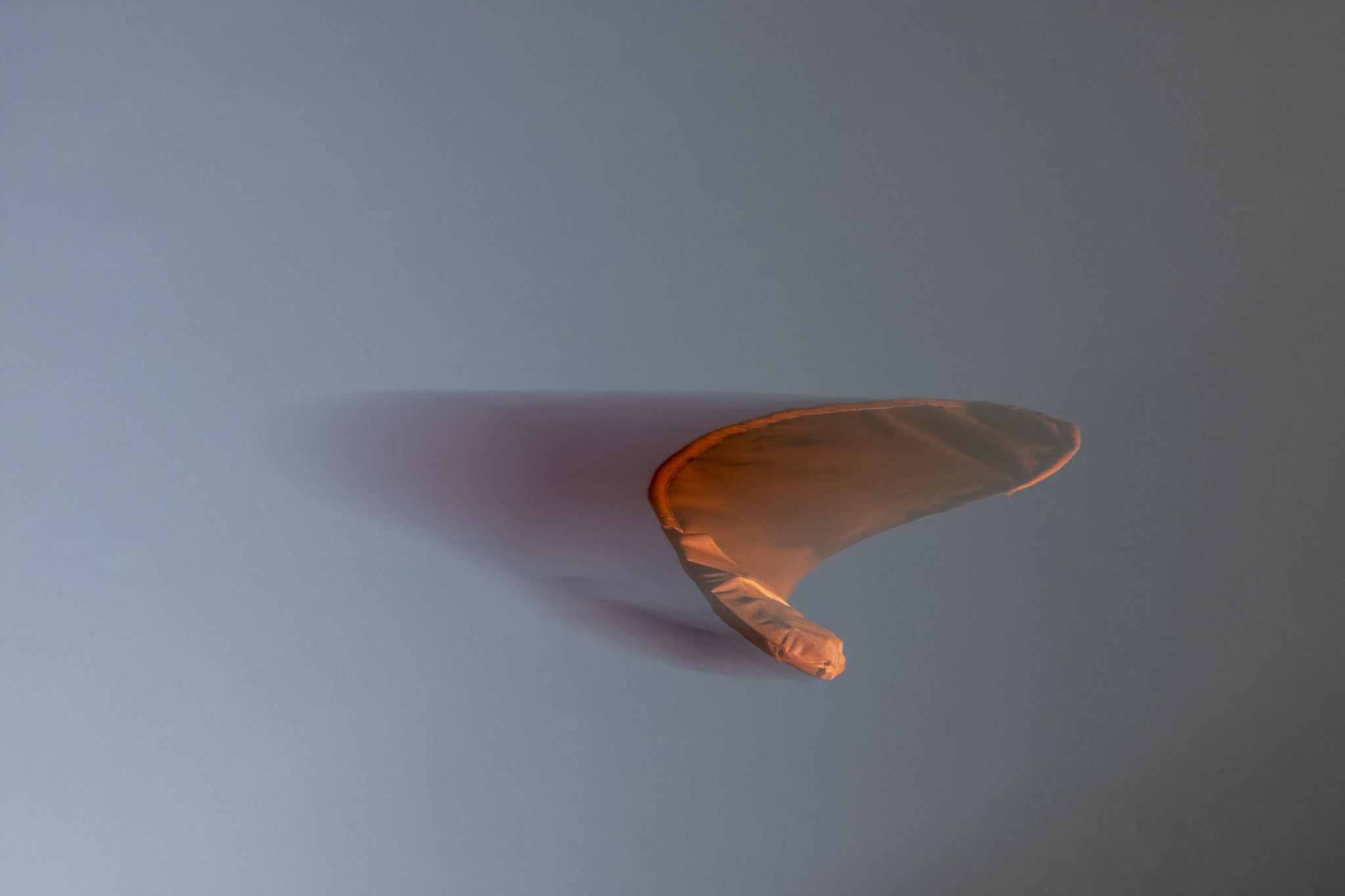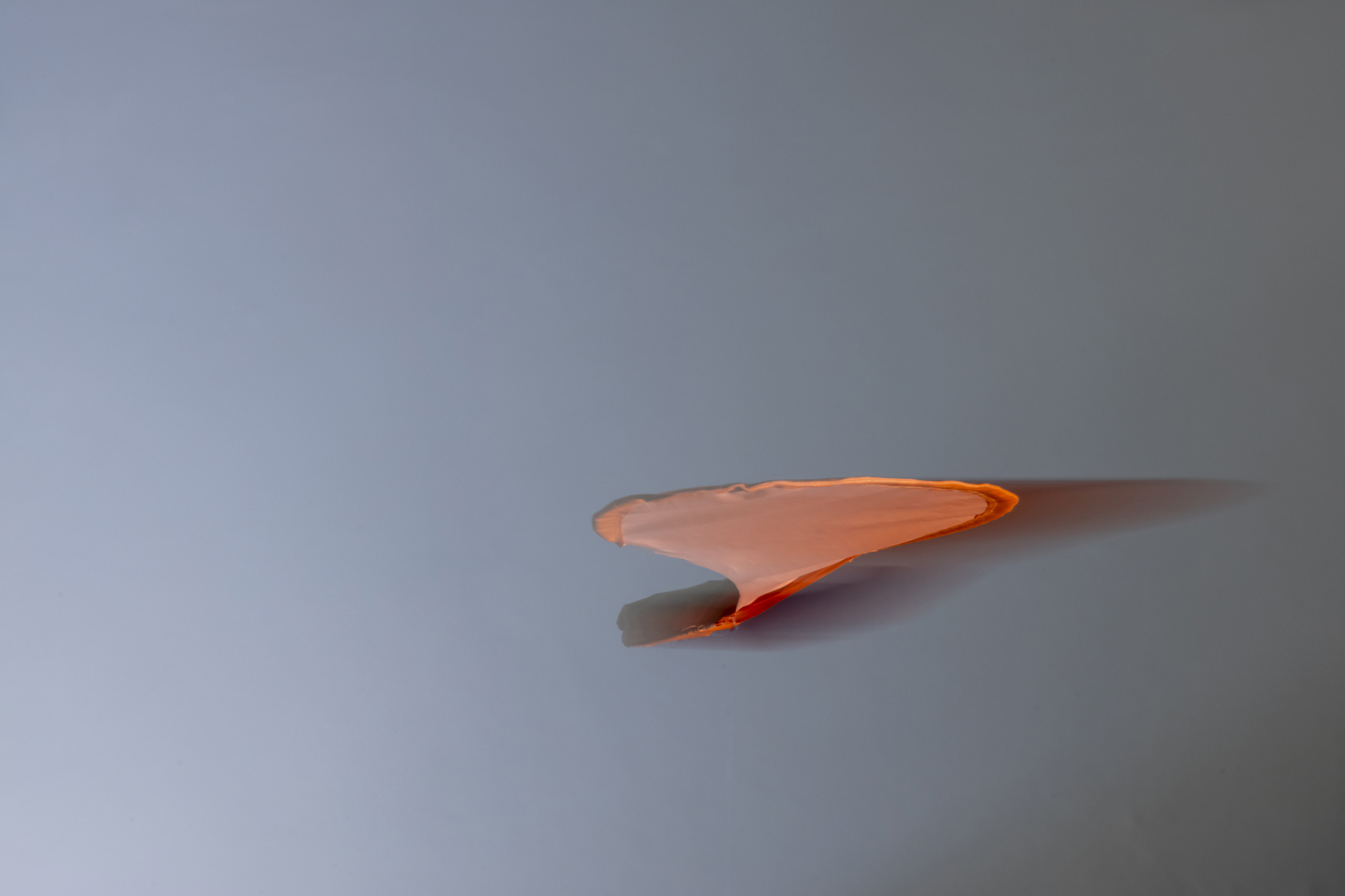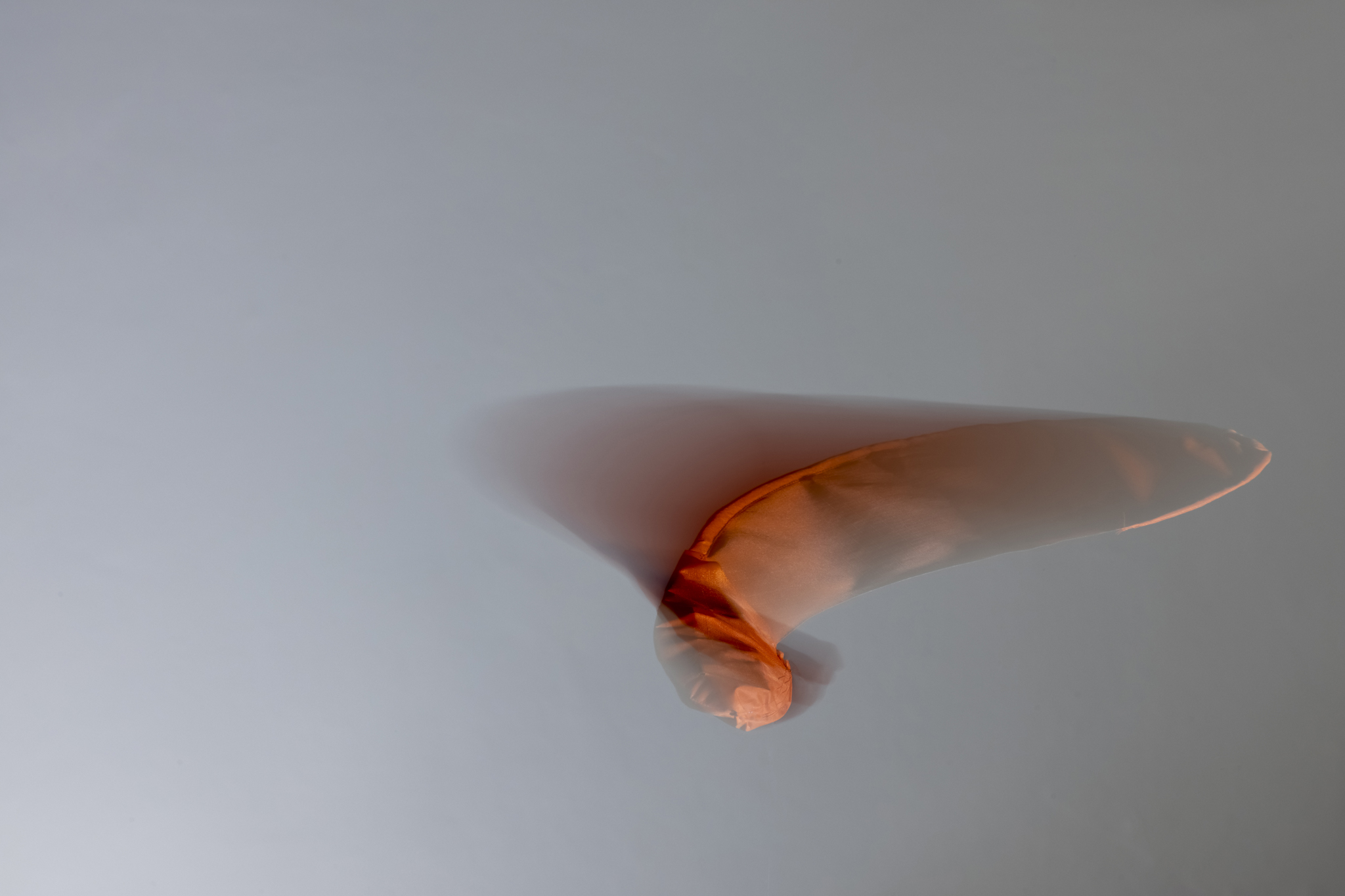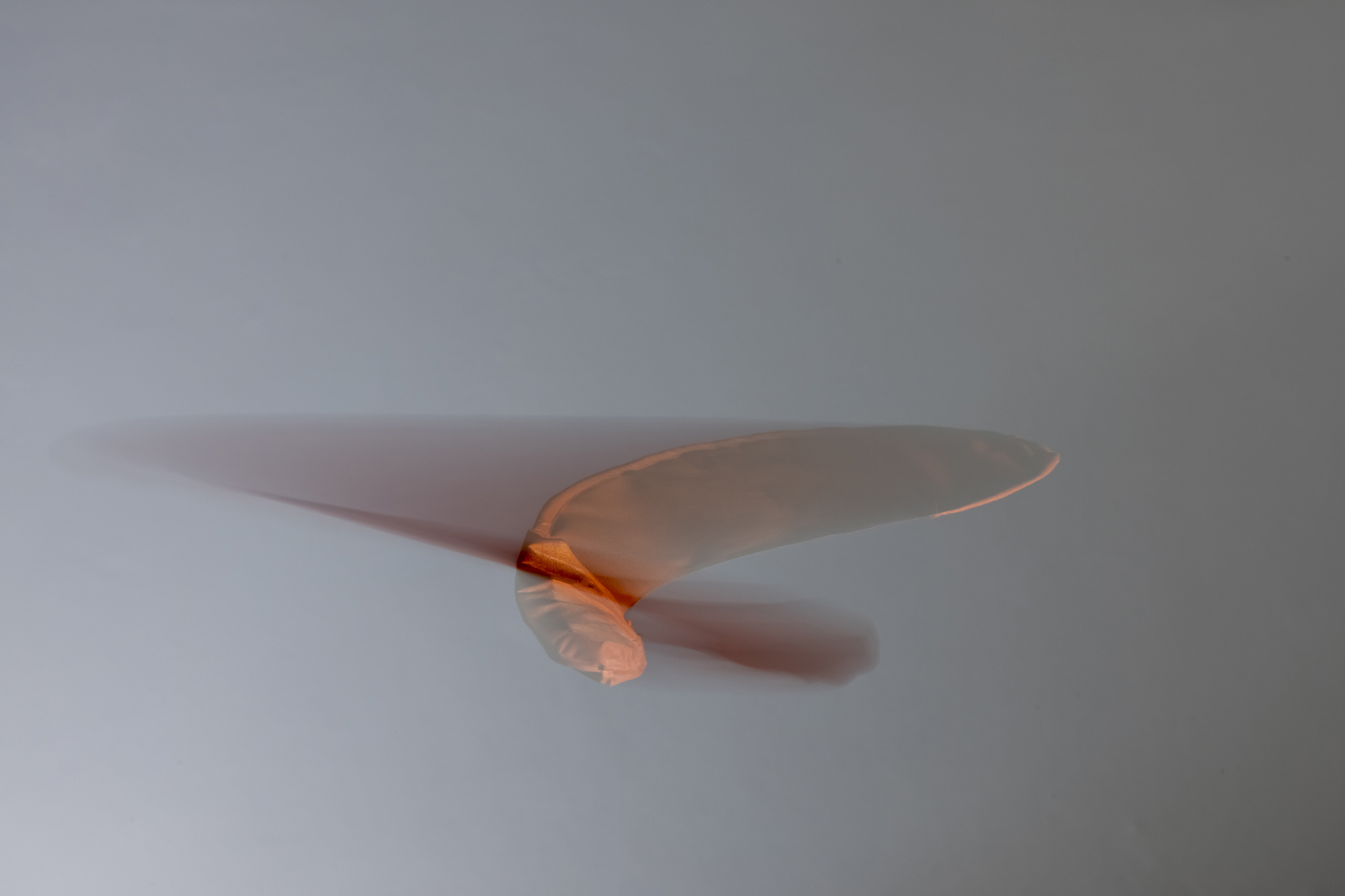A THOUSAND SEEDS OR THE RIGHT TO BECOMING | Bachelorarbeit 2021
Durch Klimawandel, das Schädigen der Biosphäre, Versauerung der Meere, Entwaldung, Müllverschmutzung, Vernichtung der Biodiversität und vielem mehr wird das terrestrische Leben, so wie wir es kennen, bedroht. Zum Vermeiden der Katastrophe werden in unserer zivilisierten, durch Kultur und Technologien bestimmten Welt dabei oft Natürlichkeit und Künstlichkeit miteinander verhandelt. Dabei treten wir als die künstlichen, technologisierten und kulturellen Akteure auf und betrachten die Welt um uns oft als passiv und ursprünglich. Doch sind diese Kategorien obsolet. Natur und Kultur sind vielmehr konstitutiv für einander. Daher erscheint die Frage nach ihren Berührungspunkten spannender. Wo finden die Grenzübergänge statt? Wo wirken die verschiedenen Gefüge aufeinander? Wo geschieht das gemeinsame Werden? Das Werden in Bündnissen? Wer ist mit wem infiziert und welche neuen Gefüge entstehen?
In A Thousand Seeds or the Right to Becoming wird die Ansteckung des Samens mit menschlicher Kultur , den Katastrophen, dem Verlust der Biodiversität behandelt. Durch den Affekt mit und die Faszination von menschlichen technologischen Netzwerken wurde auch er zu etwas anderen und tritt heraus aus seiner scheinbaren Passivität und zeigt seine eigene Handlungsmacht. Durch die Erweiterung seiner Wahrnehmung durch den Kontakt zur Drohne und das parasitäre Nutzen des Internets, beginnt er seine Ausbreitung zu steuern. Das Beobachten des Wetters und die Kommunikation untereinander ermöglichen Bäumen und Samen eine optimale Verbreitung, das Finden der günstigsten Standorte und das Intervenieren in ausgewählten Landschaften zum Sichern der eigenen und anderer Arten. Und kommt mit dieser Handlungsmacht auch das Recht an dieser Entwicklung und lässt sich dieses im kulturellen Netzwerk des Patentrechts sichern?
Climate change, damage to the biosphere, ocean acidification, deforestation, waste pollution, destruction of biodiversity and much more threaten terrestrial life as we know it.In order to avoid the catastrophe, naturalness and artificiality are often negotiated with each other in our civilised world determined by culture and technology. In doing so, we appear as the artificial, technologised and cultural actors and often view the world around us as passive and primal. But these categories are obsolete. Nature and culture are rather constitutive of each other. Therefore, the question of their points of contact seems more exciting. Where do the border crossings take place? Where do the different structures interact? Where does the becoming together happen? Becoming in alliances? Who is infected with whom and what new assemblages emerge?
A Thousand Seeds or the Right to Becoming deals with the infection of the seed with human culture , the catastrophes, the loss of biodiversity. Through his affectation with and fascination with human technological networks, he too became something else, stepping out of his apparent passivity and showing his own agency. By expanding his perception through contact with the drone and the parasitic use of the internet, he begins to control his dispersal. Observing the weather and communicating with each other enables trees and seeds to spread optimally, find the most favourable locations and intervene in selected landscapes to save their own and other species. And does with this agency also come the right to this development and can it be secured in the cultural network of patent law?
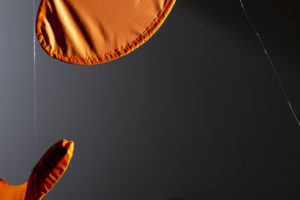
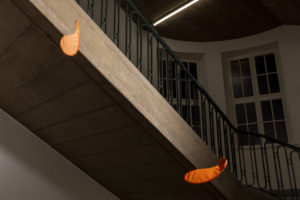
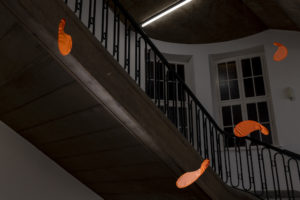
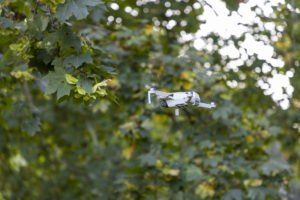
Prozess
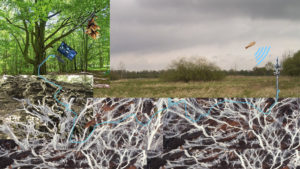
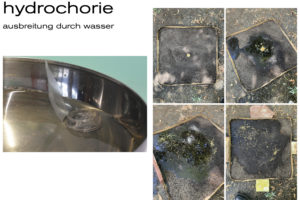
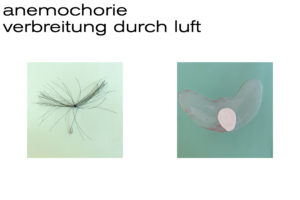
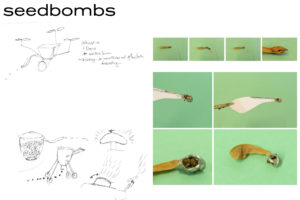
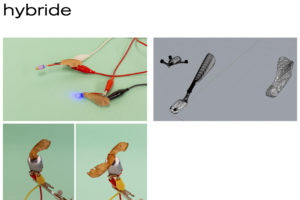
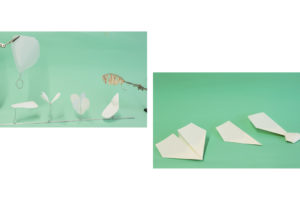
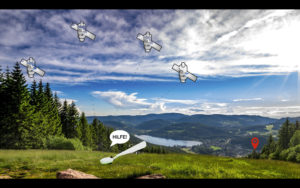
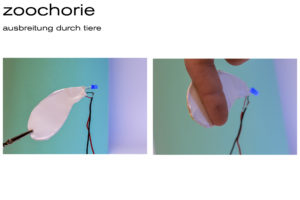
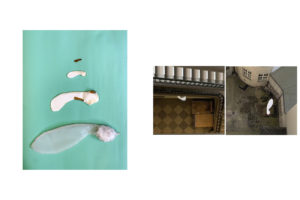
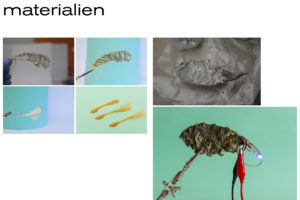
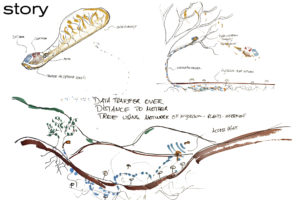
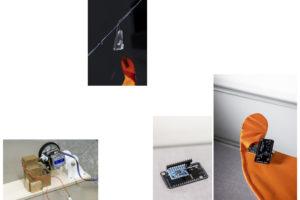
Betreut durch
Prof. Jussi Ängesleva, Prof. Kathrin Busch, KM Luiz Zanotello, Prof. Jozef Legrand
